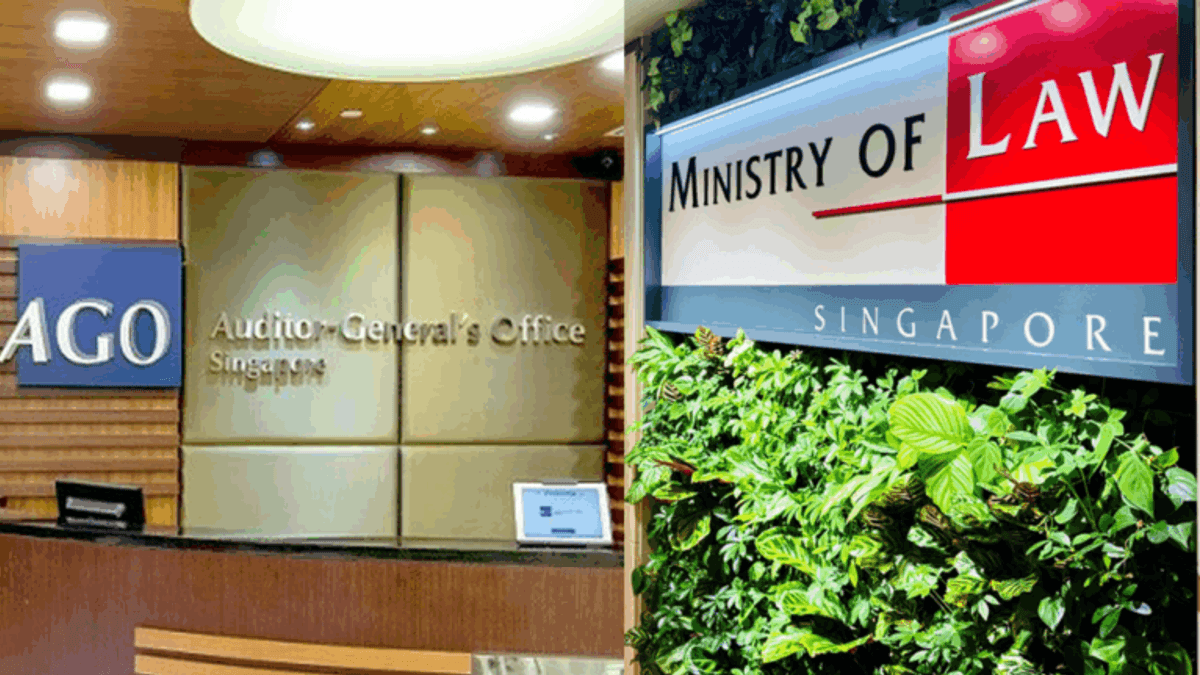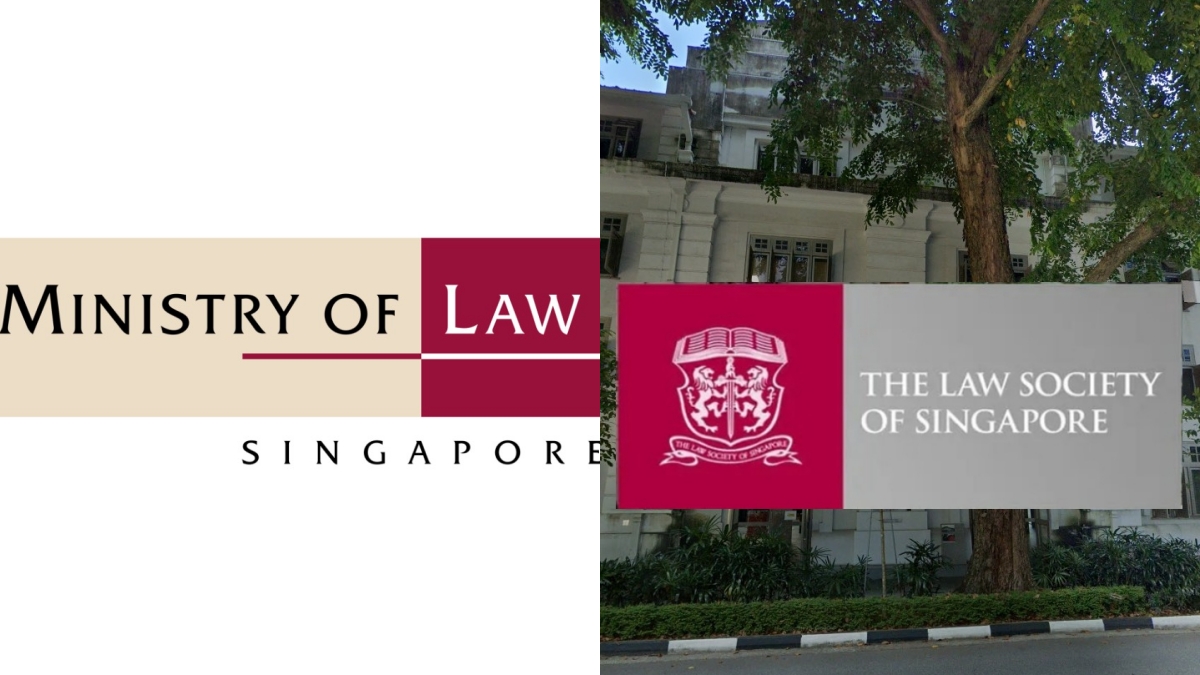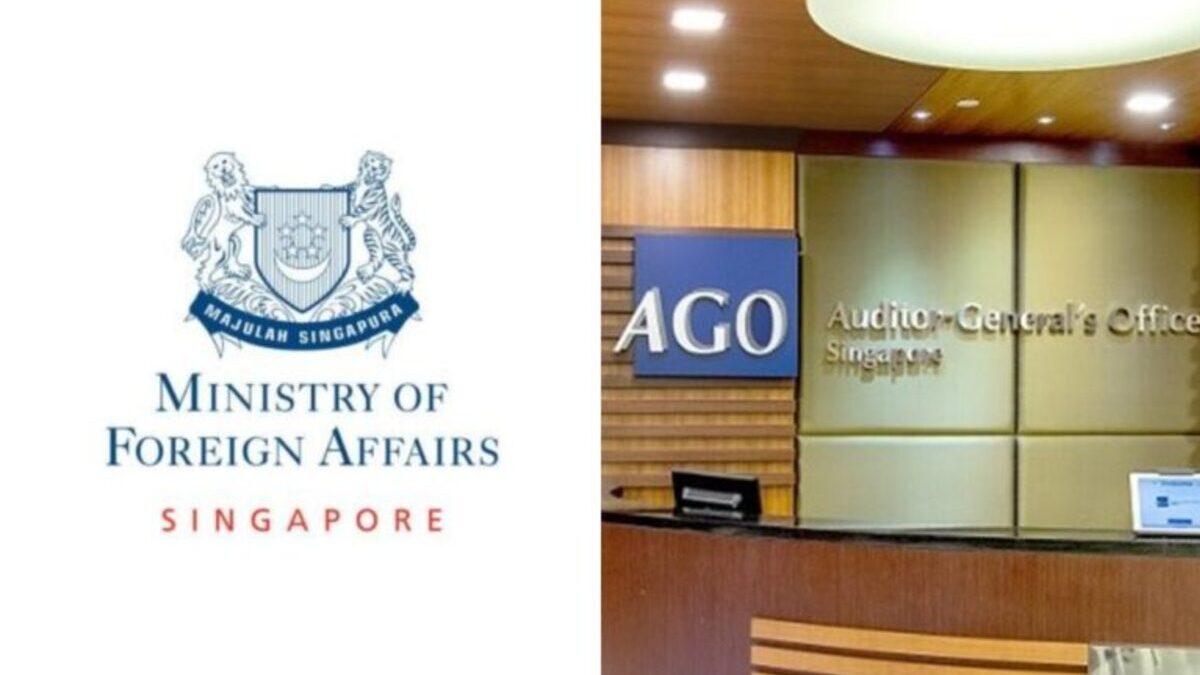AGO flags S$14.25 million in interest from legally non-compliant investments of liquidation funds
The Auditor-General’s Office (AGO) has found that S$14.25 million in interest was earned between 2019 and 2024 from investments made using company liquidation funds—without the legally required consent of liquidators. The Ministry of Law (MinLaw) has acknowledged the lapse and introduced a new framework to prevent recurrence.

- AGO found funds from the Companies Liquidation Account (CLA) were automatically invested between 2019 and 2024 without liquidators’ consent.
- About S$14.25 million in interest was earned and credited to the Consolidated Fund.
- MinLaw accepted the finding, stating there was no misuse of funds or financial loss to companies.
Between April 2019 and November 2024, approximately S$14.25 million in interest was earned from investing funds held in the Companies Liquidation Account (CLA), despite legal requirements that such investments be made only upon request or consent from company liquidators.
According to the Auditor-General’s Office (AGO) report for Financial Year 2024/25 released on 9 September 2025, these funds were placed in fixed deposits under the Accountant-General’s Department’s Central Liquidity Management (CLM) framework.
The investments were made by the Insolvency and Public Trustee’s Office (IPTO), which operates under the Ministry of Law (MinLaw). However, AGO found that in many cases, liquidators had not requested or agreed to these investments, making the actions legally non-compliant based on existing provisions under the Insolvency, Restructuring and Dissolution Act 2018.
Legal requirement and AGO’s findings
Under Section 196(1) of the Insolvency, Restructuring and Dissolution Act 2018, liquidators may request the Official Receiver to invest surplus company funds, but such investment can occur only with explicit consent.
Any interest earned from these investments is treated as part of the company’s assets, not as public money.
Despite this, AGO observed that after the CLA was brought under the CLM framework in April 2019, all funds in the account were automatically invested in fixed deposits. No system was in place to exclude cases where liquidators had not requested or consented to such investments.
As a result, even unrequested company liquidation funds were invested, and the resulting interest was credited to Singapore’s Consolidated Fund, which holds public monies.
AGO estimated that S$14.25 million in interest was earned through these automatic investments up to November 2024.
Ministry response and corrective measures
In its response, MinLaw acknowledged the lapse, stating that it “takes the AGO’s observations seriously” and accepted that explicit consent from liquidators should have been obtained before investing the funds.
The ministry explained that while the practice generated higher returns compared to leaving funds idle in current accounts, it contravened the legal requirement for consent.
“There was no misuse of public funds and no losses arising from the fixed deposit investments, and no company undergoing compulsory liquidation was financially disadvantaged arising from this,” MinLaw said in its statement.
However, the ministry conceded that funds for which no investment request had been made should have remained in the CLA’s current account.
Implementation of new framework
To address the issue and ensure compliance, MinLaw has introduced a new investment framework.
As of October 2025, funds in the Companies Liquidation Account are no longer automatically invested under the Central Liquidity Management system. Investments will only be made if a liquidator explicitly requests it.
The ministry also stated that liquidators will be reminded of their right to request investments for surplus funds, in accordance with the Insolvency, Restructuring and Dissolution Act.
AGO stressed that while no funds were lost, strict adherence to financial procedures is essential to preserve transparency and public trust in the management of government-linked accounts.
“Even where no harm occurs, compliance with statutory requirements ensures the integrity of financial governance,” the report concluded.











